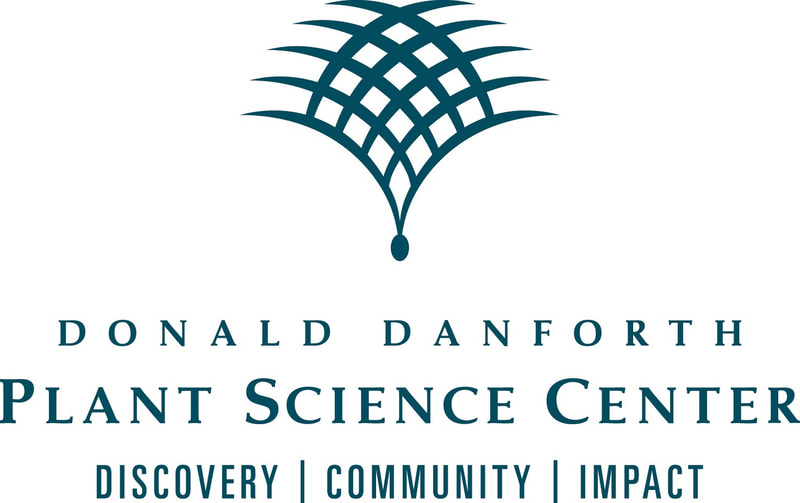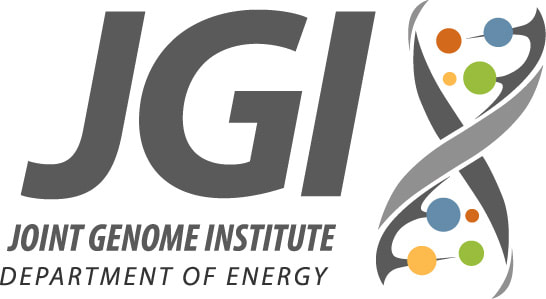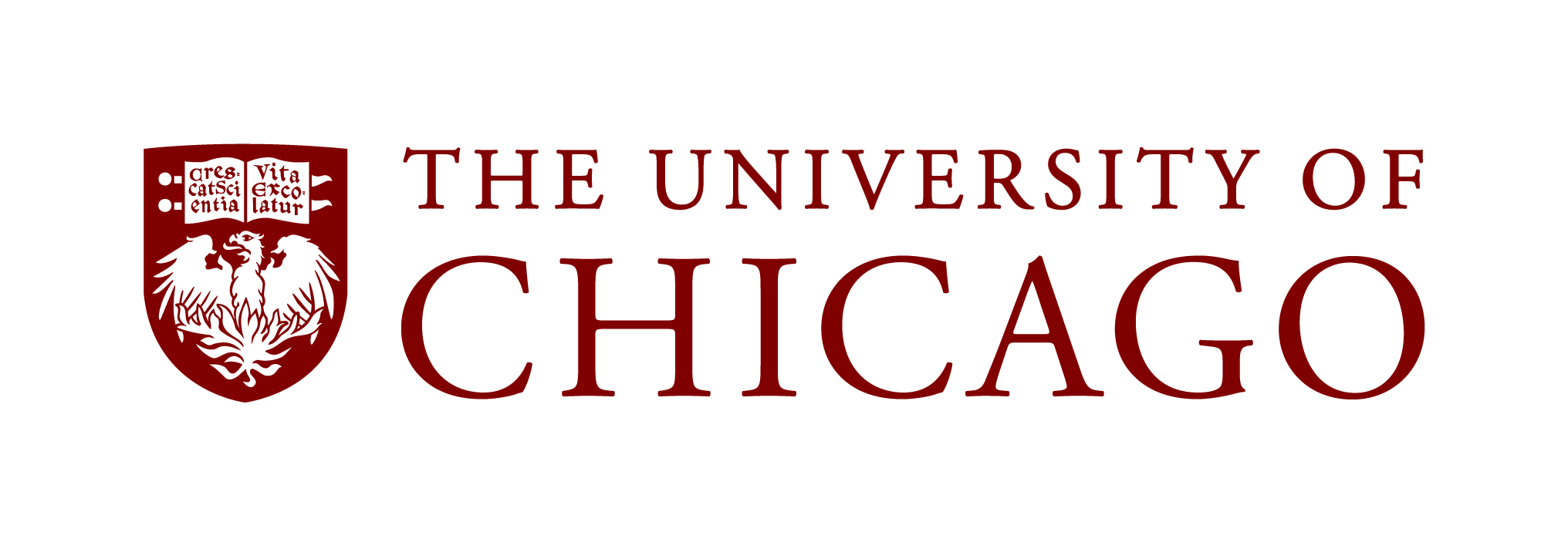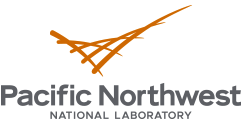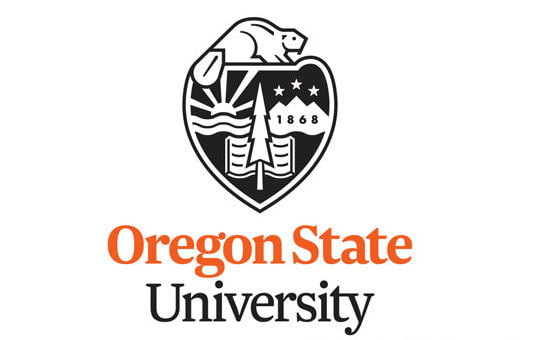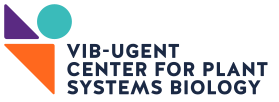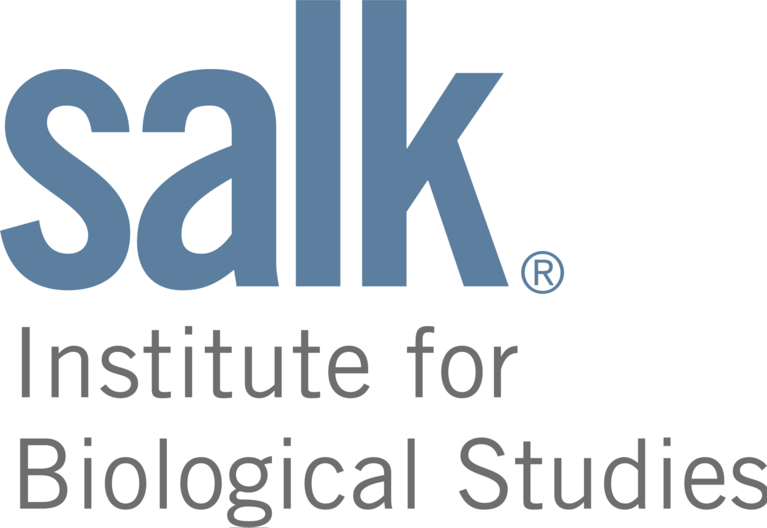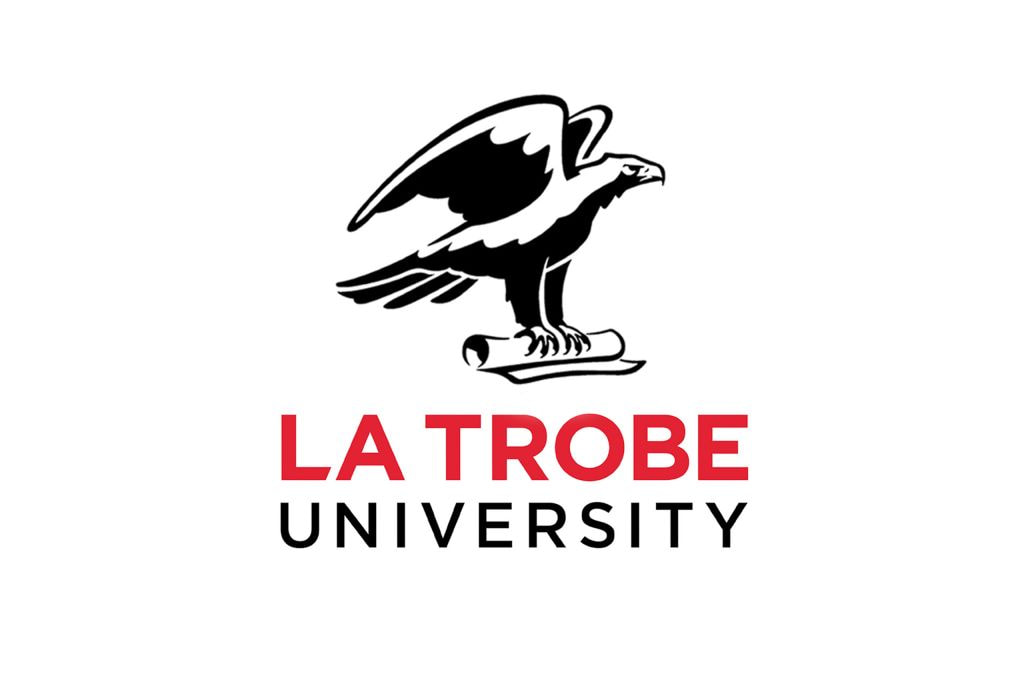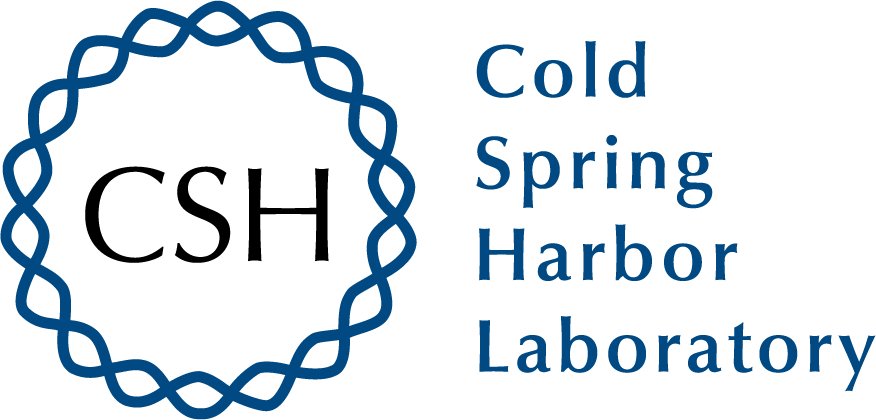Motivation
|
The societal challenges posed by a growing human population and climate change necessitate technical advances in plant science. Plant cells are fundamental organizational units that mediate the production, transport, and storage of our primary food sources and sequester a significant portion of the world's carbon. A comprehensive understanding of plant cell structure and function at a molecular level is essential to uncover the mechanisms by which plants produce the services upon which we depend.
Today’s innovations in systems biology, sensors and biosensors, data science and artificial intelligence, gene editing, precision breeding, and the microbiome position us to make unprecedented discoveries in plant science. However, the plant biology community lacks a complete picture of the location of molecular machineries within cells, their distribution among various cells, and their dynamics in real time. |
|
Goals
The PCA will map cellular and sub-cellular protein localization patterns, track the dynamic interactions between proteins, identify the molecular components of cellular substructures, discern complete states and transitions of specialized cell types, and integrate these disparate data points in order to generate testable models of cellular function.
To successfully implement the PCA Initiative, we convened leaders from imaging, proteomics, genomics, nanotechnology, and data science to a Kick-Off Workshop to discuss how to best build this community resource.
To successfully implement the PCA Initiative, we convened leaders from imaging, proteomics, genomics, nanotechnology, and data science to a Kick-Off Workshop to discuss how to best build this community resource.
How to Join the PCA
If you are interested in staying up to date on PCA news, events, and opportunities contact us to join our Slack Workspace and/or email list and follow us on X(Twitter) and LinkedIn.
If you would like to become more involved in the Plant Cell Atlas you may ask about joining a PCA committee using the Contact page. Learn more about the responsibilities and benefits of being a part of a PCA committee in our Bylaws.
If you would like to become more involved in the Plant Cell Atlas you may ask about joining a PCA committee using the Contact page. Learn more about the responsibilities and benefits of being a part of a PCA committee in our Bylaws.
2024 Milestones
February 2024: PCA Art and Science exhibit on display at Michigan State University's Plant Resilience Institute
January 2024: PCA members and collaborators published an article on "Best practices for the execution, analysis, and data storage of plant single-cell/nucleus transcriptomics" in The Plant Cell
January 2024: PCA YouTube channel reached 300 subscribers
2023 Milestones
December 2023: PCA Email list reached 2000 members
Nov 2023: Single Cell Sequencing Techniques in Plant Biology - Part II held - 796 people (89.6% ECR)
Nov 2023: PCA X(Twitter) reached 2000 subscribers
Nov 2023: PCA attended ABRCMS 2023
Nov 2023: PCA YouTube channel reached 200 subscribers
Nov 2023: PCA email list reached 1500 members
Oct 2023: PCA attended SACNAS NDiSTEM conference
Aug 2023: PCA attended ASPBs Plant Biology 2023 conference
July/Aug 2023: Held 1st Gordon Research Conference on Single-Cell Approaches in Plant Biology - 129 people
July 2023: Held 2nd annual Core Network Participant meeting - 37 people (59.5% ECR)
June 2023: The Missing Link: Broadening Participation and Embracing Biodiversity in Scientific Research held - 78 people (75.6% ECR)
June 2023: PCA attended ICAR 2023 in Chiba, Japan
April 2023: Spring 2023 PCA newsletter published
April 2023: PCA YouTube channel reached 150 subscribers
April 2023: Launch of the Plant Cell Atlas Methods Development Community
April 2023: Single Cell Sequencing Techniques in Plant Biology - Part I held - 460 people (83% ECR)
March 2023: PCA Blog launched
February 2023: 2023 PCA Travel Award winner announced
January 2023: Winter 2023 PCA newsletter published
2022 Milestones
December 2022: 2nd PCA Symposium held - 464 people (75% ECR)
December 2022: PCA Twitter reached 1500 followers
December 2022: PCA members and collaborators published an article on "The incongruity of validating quantitative proteomics using western blots" in Nature Plants
November 2022: Completion of JR Biotek-Plant Cell Atlas Africa PhD Scholars Mentoring Program
November 2022: PCA email list reached 1000 members
November 2022: PCA participated in Annual Biomedical Research Conference for Minority Students (ABRCMS)
October 2022: PCA hosted a booth at SACNAS' NDiSTEM conference
October 2022: PCA members and collaborators published an article on "Toward a Data Infrastructure for the Plant Cell Atlas" in Plant Physiology
September 2022: Held our first in person meeting for the PCA core network participant group - 43 people (58% ECR)
August 2022: Summer 2022 PCA newsletter published
July 2022: PCA participated in ASPB/CSPBs Plant Biology 2022 conference
June 2022: JR Biotek-Plant Cell Atlas Africa PhD Scholars Mentoring Program launched
June 2022: First PCA Symposium Report published in Plant Direct
May 2022: PCA Bylaws released
May 2022: Multiplex Microscopy Symposium held - 135 people (68.9% ECR)
April 2022: PCA YouTube channel reached 100 subscribers
March 2022: Spring 2022 PCA newsletter published
March 2022: The PCA's NSF Research Coordination Network (RCN) core participant group reached 60 people
March 2022: Inaugural PCA Travel Award winners were announced
March 2022: PCA Art & Science Spring 2022 Exhibit went live at Bowie State, Howard, and Morgan State
February 2022: PCA Twitter reached 1000 followers
February 2022: Plant Physiology held a webinar highlighting the work published in the Plant Cell Atlas Focus Issue - 397 people
February 2022: Plant Cell Atlas Focus Issue published in Plant Physiology
2021 Milestones
December 2021: First PCA Symposium held - 499 people (69.5% ECR)
October 2021: Spatial Metabolomics Workshop held - 122 people (68.4% ECR)
October 2021: 1st PCA newsletter published
September 2021: Established the Fall 2021 PCA Writing Accountability Group (WAG) - 32 people (65.5% ECR)
September 2021: PCA Code of Conduct released
September 2021: "Vision, challenges and opportunities for a Plant Cell Atlas" published in eLife
September 2021: "Recognizing Pioneering Black Plant Scientists in Our Schools and Society" published in Trends in Plant Science
September 2021: PCA Art & Science Fall 2021 Exhibit went live at Bowie State, Howard, and Morgan State
August 2021: PCA members and collaborators published a review on "Plant single-cell solutions for energy and the environment" in Communications Biology
July 2021: PCA Career Panel Event held - 54 people (79.6% ECR)
July 2021: PCA Slack workspace launched
June 2021: NSF RCN grant awarded (Award # 2052590)
May 2021: PCA YouTube channel reached 50 followers
April 2021: Spatial Proteomics Workshop held - 343 people (75.5% ECR)
February 2021: PCA email list reached 500 members
February 2021: Single Cell Sequencing Workshop held - 327 people (71.3% ECR)
February 2021: PCA Twitter reached 500 followers
January 2021: PCA YouTube channel launched
2020 Milestones
October 2020: Workshop Report for the 1st Plant Cell Atlas Workshop published in Plant Direct
September 2020: Call for papers for the 2021 Plant Cell Atlas Focus Issue in Plant Physiology
June 2020: PCA email list established
May/June 2020: Inaugural Plant Cell Atlas Workshop held - 428 people (70.4% ECR)
2019 Milestones
June 2019: NSF Workshop grant awarded (Award # 1916797)
April 2019: “Towards Building a Plant Cell Atlas” published in Trends in Plant Science
NSF RCN Affiliate Institutions
In June 2021 the PCA received funding from the National Science Foundation to build a Research Coordination Network (Award # 2052590). The goal behind this funding is to build a diverse scientific community that will set standards for generating and integrating large plant data sets, create high-quality resources and tools to advance plant science, and provide excellent networking and interdisciplinary training opportunities for early career scientists. Here we showcase the various institutions that our core network participants hail from. To learn more about the diverse scientists that make up the core of our community please visit our People page listing the NSF RCN Committee members.




